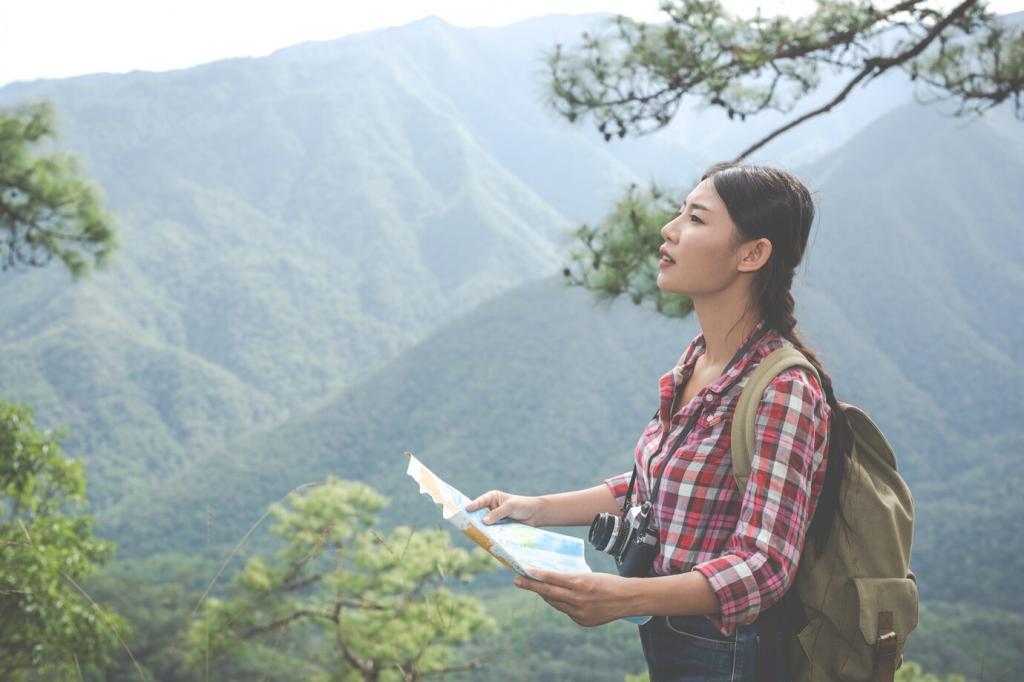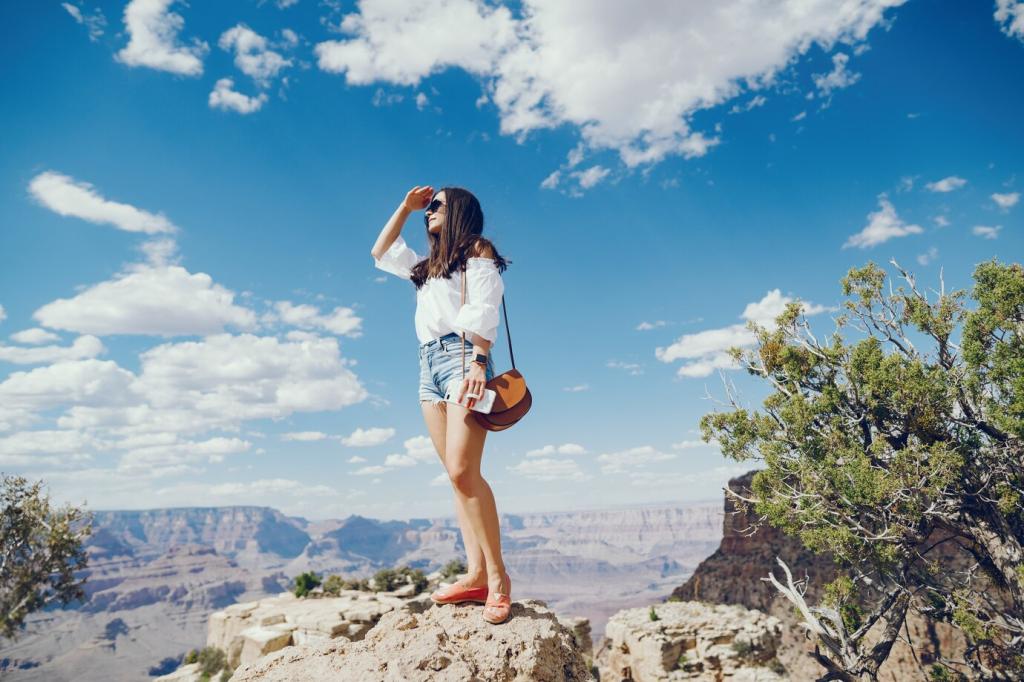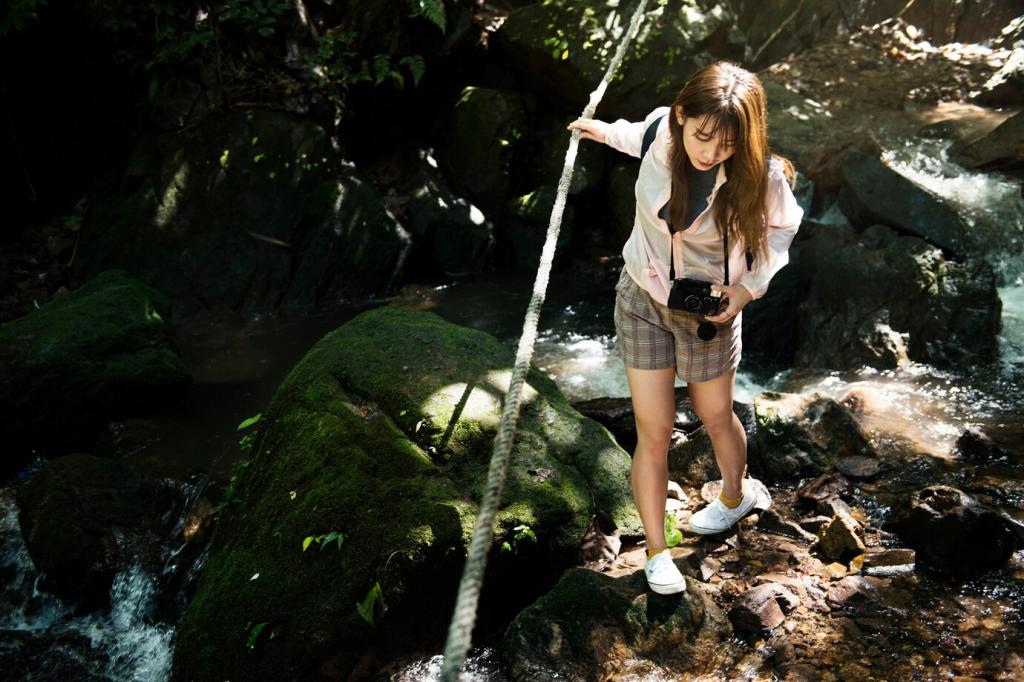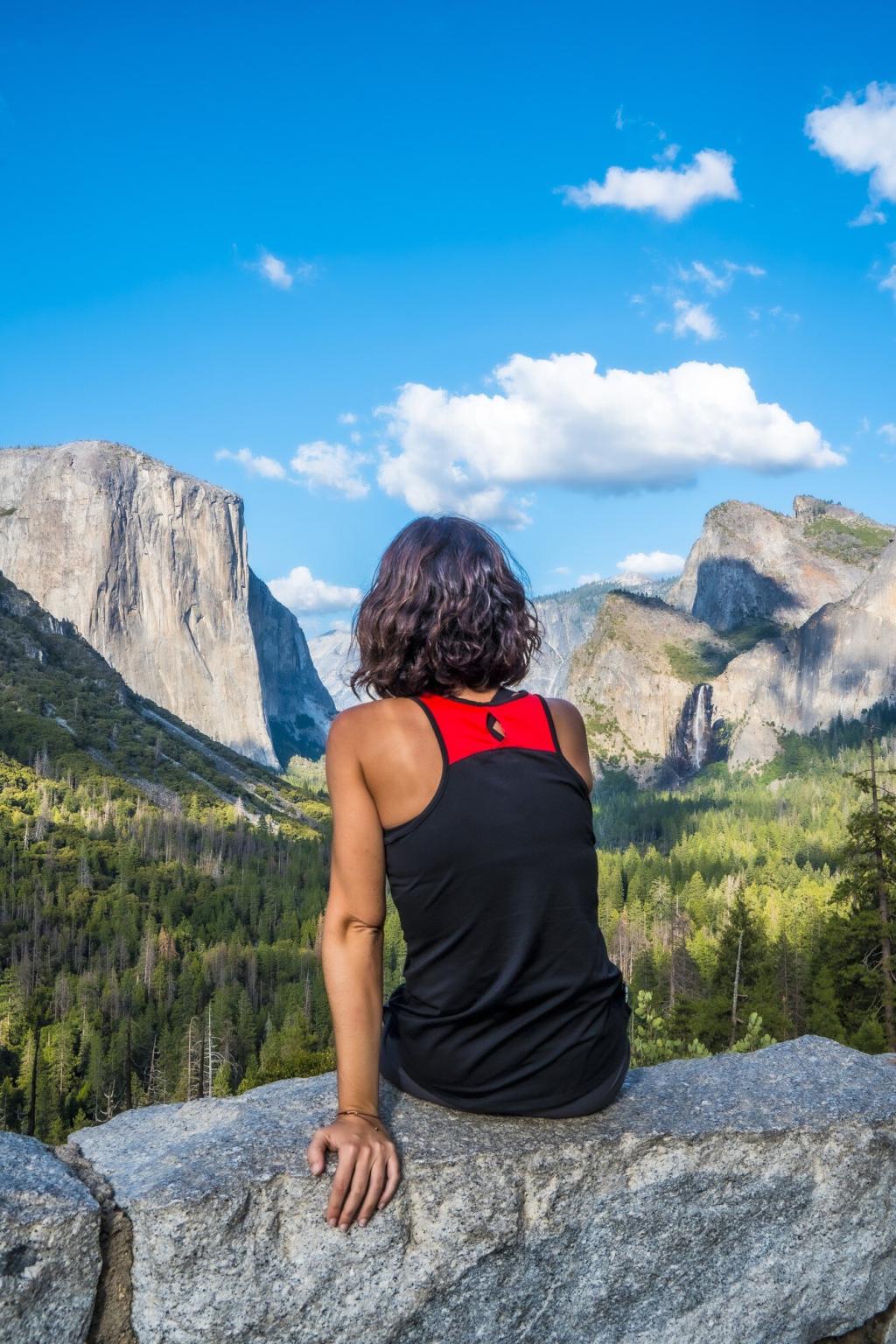Wildlife Encounters Done Right
Keep your distance, stick to quiet tones, and avoid feeding or touching wildlife. Follow established paths, pause often, and let guides set the pace so natural behaviors continue undisturbed.
Wildlife Encounters Done Right
With permission, log sightings for community databases. Photos with coordinates help monitor migratory timings, reef health, or forest recovery. Share data responsibly, always prioritizing species safety and site confidentiality.





